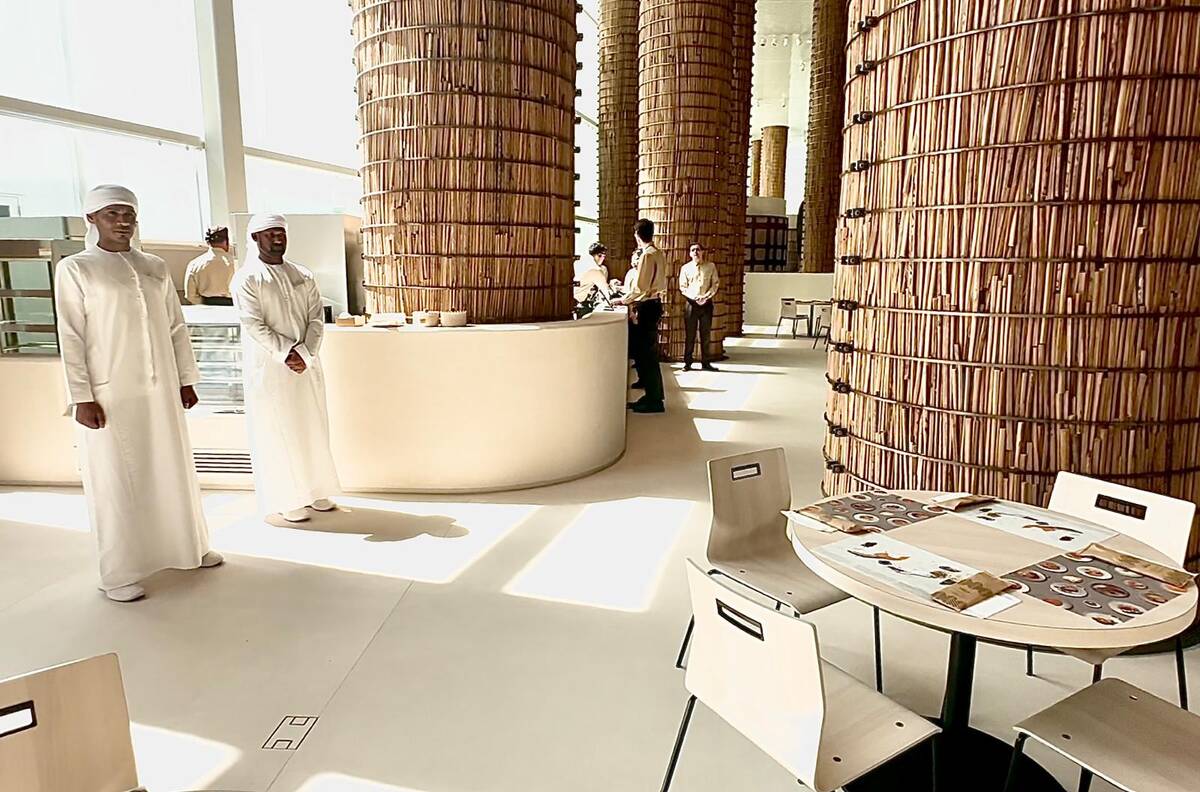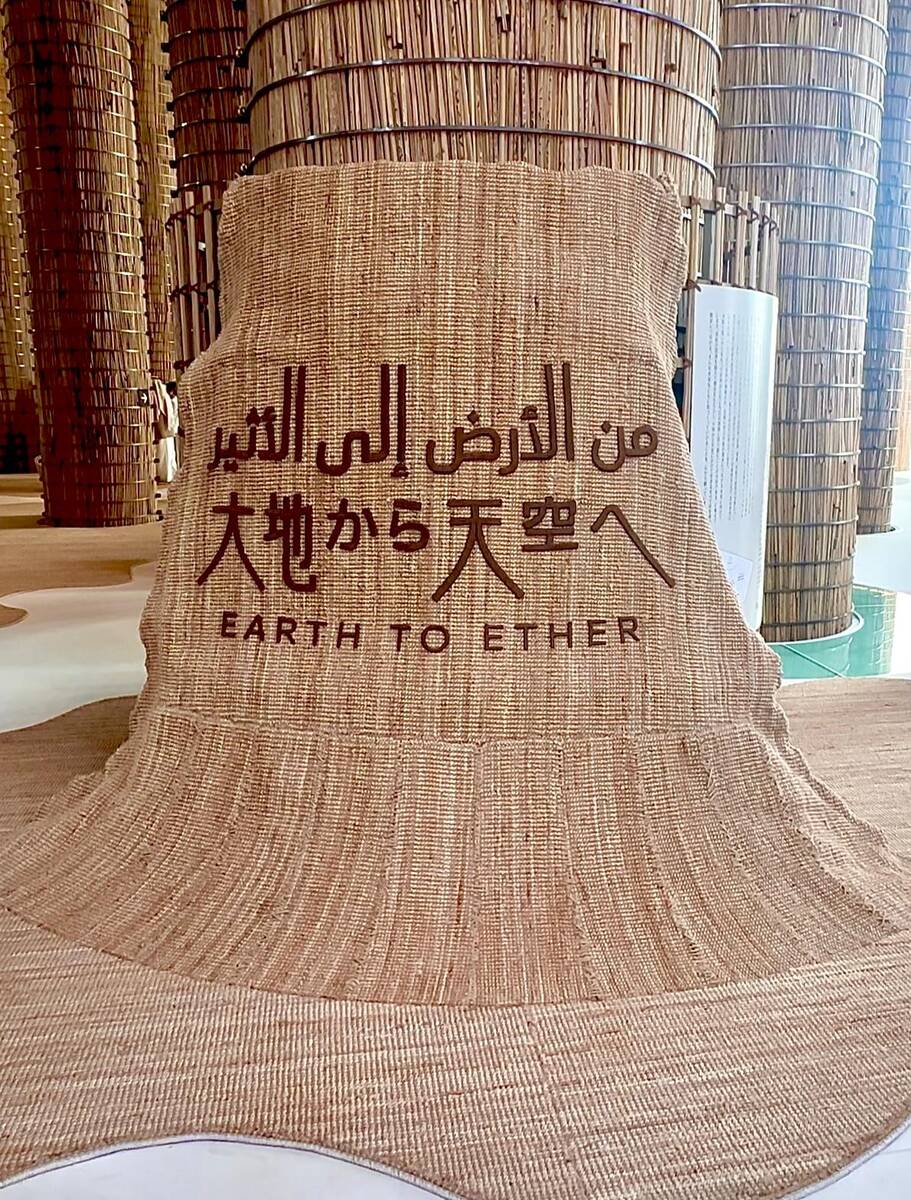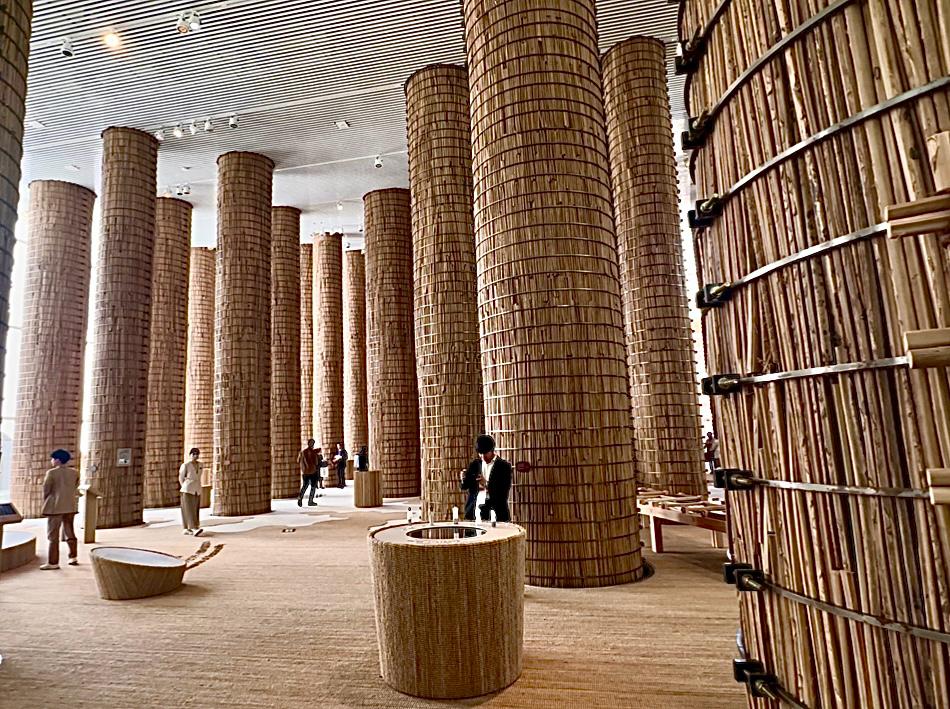BEIRUT: French President Emmanuel Macron declared his “solidarity with the people of Beirut following Israel’s targeting of the southern suburb of Beirut on Friday.
Macron on Friday criticized Israel for what he called “unacceptable strikes on Beirut” that he said did not respect the ceasefire and played into Hezbollah’s hands.
He said that the strikes on Beirut “are unacceptable.”
Macron made the comments at a joint press conference in Paris with President Joseph Aoun.
Developments on the ground in Lebanon overshadowed Aoun’s talks in Paris on Friday.
Aoun began his meeting at the Elysee Palace with Macron and held a direct call with Syrian President Ahmad Al-Sharaa.
FASTFACT
President Joseph Aoun began his meeting at the Elysee Palace with President Emmanuel Macron and held a direct video call with President Ahmad Al-Sharaa.
They were later joined by the Cypriot President and the Greek Prime Minister in five-party discussions.
The talks in Paris aim to raise the issue of Syrian refugees and explore ways to address it, a source in the Lebanese presidency told Arab News.
At the joint press conference following the meeting, Aoun said: “The Israeli attacks on the southern suburb of Beirut and the threats are a continuation of Israel’s violation of the ceasefire agreement sponsored by France and the US.
“The international community must put an end to these aggressions and force Israel to adhere to the agreement, as Lebanon is committed to it.”
At Friday’s press conference, Aoun called for “forcing the concerned states to compel Israel to cease its hostilities on Lebanon.”
Macron emphasized that France was standing with Lebanon because it recognized its immense challenges.
He indicated that “the tension on both sides of the Blue Line is a turning point, and France remains by Lebanon’s side to preserve its sovereignty, ensure full security, and implement the ceasefire reached with Israel.”
He stressed that “the Israeli army must withdraw from the five points in southern Lebanon,” noting that “the strikes on Beirut are unacceptable.”
He said: “We will present practical and realistic proposals, considering the expectations of Lebanon and Israel.
“We have proposed that UNIFIL troops be deployed in sensitive areas in the south, in coordination with the army and under the supervision of the monitoring committee.”
Macron said: “Aid to Lebanon is linked to restoring the functionality of its institutions, as this is the key to obtaining aid from the international community.”
He added: “We believe in the importance of the reform agenda set by the Lebanese president, and we will meet with Lebanon’s friends to support the framework initiated by the Lebanese executive authorities to implement a first set of aid.”
He said that Lebanon “needs an efficient energy sector to avoid remaining vulnerable to economic instability and to attract investments. France is ready to offer its expertise and companies to assist in this field.”
Aoun told Le Figaro that Lebanon “cannot tolerate being part of any axis.”
When asked if Lebanon was out of the so-called “Iranian-Shiite axis,” Aoun replied: “Lebanon, due to its geographical location, cannot tolerate being part of any axis.
“The importance of Lebanon lies in its diversity, and in the solidarity and internal unity of its people. It is this unity that will protect it from all dangers.
“In my oath of office, I spoke about Lebanon’s neutrality. However, neutrality does not mean we do not stand in solidarity with Arab states.”
Asked about the disarmament of Hezbollah, President Aoun said that “the Lebanese army has already dismantled several Hezbollah-aligned or pro-Iranian Palestinian camps, including one near Beirut, two in the north near Tripoli, and three others in the Bekaa Valley.”
“More than 250 weapons seizures have taken place in areas south of the Litani River, with many of the confiscated arms either destroyed or, if in a good state, transferred to the Lebanese Army. The army, which must be strengthened to 77,000 personnel, is carrying out its duty,” Aoun added.
He also said: “The Council of Ministers has approved the recruitment of 4,500 additional soldiers to bolster security in the south.
“However, the entire country needs defense and protection, not just the south.
“The issue of Palestinian weapons remains unresolved, and we must address it in coordination with the Palestinian Authority. We want our army to have control over all Lebanese territory.
“The state alone must hold the monopoly on arms and the legitimate use of force. This demand is as national as it is international.”
Aoun emphasized Lebanon’s full commitment to UN Resolution 1701 and criticized Israel’s ongoing violations of the agreement.
“We learned our lesson from our past experiences with Israel. Therefore, we continue to work diplomatically with France, the US, and the international community to ensure Israel’s full withdrawal from southern Lebanon, the release of Lebanese hostages, and the final demarcation of land borders.”
Aoun also announced that Lebanon “will begin addressing the demarcation of the Lebanese-Syrian land and sea borders, as well as the issue of Syrian refugees.”
Also on Friday, Prime Minister Nawaf Salam met Defense Minister Michel Menassa.
According to Salam’s media office, Menassa visited Jeddah on Wednesday night with a security delegation and met his Syrian counterpart, Marhaf Abu Qasra.
The two sides signed an agreement on the importance of border demarcation, forming joint legal committees in various fields and activating coordination mechanisms.
The Saudi Press Agency reported that the meeting took place under the directives of King Salman and Crown Prince Mohammed bin Salman.
Saudi Defense Minister Prince Khalid bin Salman attended the meeting.
































